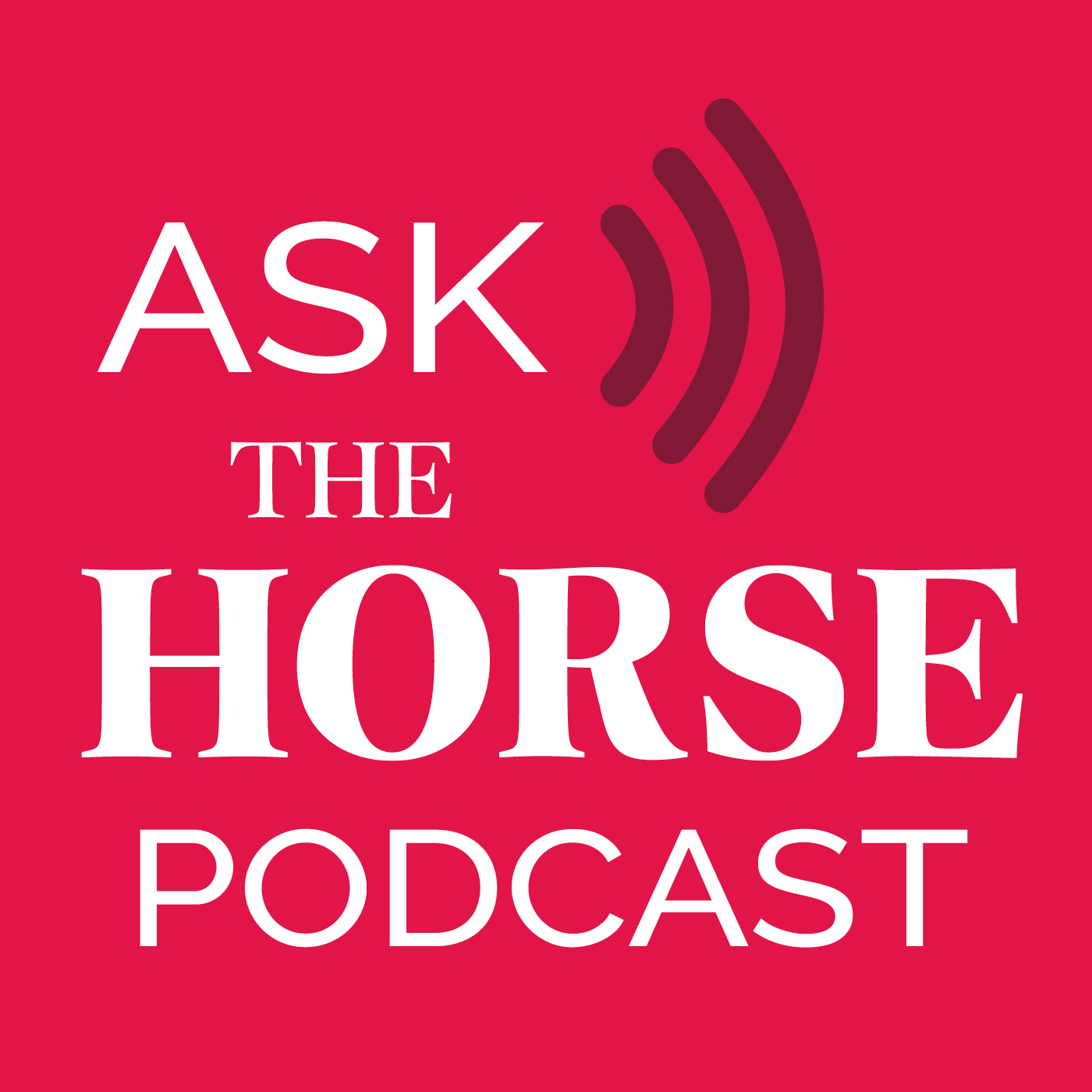Maintaining Senior Horse Joints
Description
Maintaining joint health is important at all stages of your horse’s life, but he might need special considerations during his senior years. Two experts explain how to keep equine joints healthy and your senior horse sound in the long term.
This podcast is sponsored by American Regent Animal Health.
About the Experts:
Luke Bass, DVM, MS, Dipl. ABVP is an associate professor in Equine Field Service at Colorado State University (CSU). He is board-certified through the American Board of Veterinary Practitioners (ABVP-Equine) and is certified in equine acupuncture. He served on the American Association of Equine Practitioners board of directors from 2019 to 2021 and will be chair of AAEP’s Educational Programs Committee from 2024 to 2025. Bass leads the Equine Field Service at CSU with three faculty members and two interns focusing on general practice, lameness examinations, dentistry, and emergency care.
Howland M. Mansfield, DVM, CVA, CVMMP, of Summerville, South Carolina, received her DVM from Tuskegee University School of Veterinary Medicine, in Alabama, and completed internships in both general equine medicine and surgery and in advanced equine reproduction. She is certified in both veterinary acupuncture and veterinary medical manipulation. She has practiced along the East Coast over the course of 14 years, in addition to time in Germany providing veterinary care for some of the most elite show horses in Europe. In 2012 Mansfield was named by the South Carolina Horseman’s Council as the Horse Person of the Year for her efforts in equine rescue and in combating animal cruelty. She joined American Regent in 2023 as a technical services veterinarian where she can support the welfare of and improve health care for horses and small animals throughout the U.S.
More Episodes
Researchers suggest 54% of horses in the U.S. are overweight or obese, putting them at a higher risk of developing other health problems, such as metabolic issues and joint pain. However, horses might become underweight due to gastrointestinal problems, such as gastric ulcers, or chronic health...
Published 11/08/24
Published 11/08/24
Equine osteoarthritis (OA), or the degeneration of cartilage and bone in a horse’s joint, is a painful condition and the most common reason for lameness in horses. While there is no cure for OA, horse owners and veterinarians can work together to delay onset and slow its progression. Without...
Published 10/11/24


